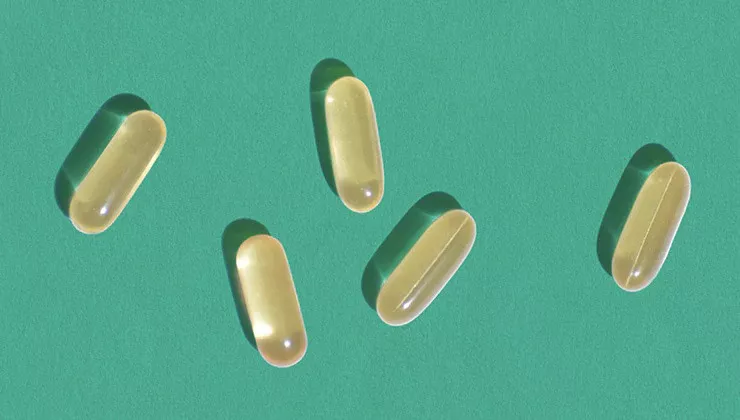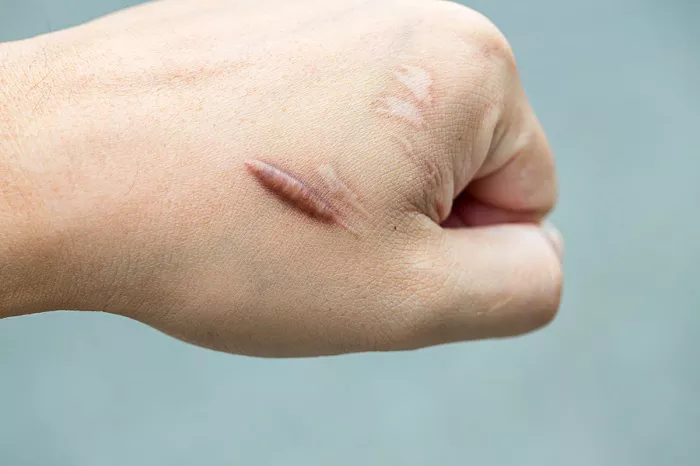Allergy rashes are a common symptom of allergic reactions, affecting individuals of all ages. These rashes can vary in duration, with some resolving quickly and others persisting for an extended period. Understanding the duration of allergy rashes is crucial for managing symptoms and knowing when to seek medical attention. In this article, we will explore the factors that influence the duration of allergy rashes and provide guidance on when professional evaluation is necessary.
Factors Affecting the Duration of Allergy Rashes
Several factors can influence how long an allergy rash lasts. These factors can vary depending on the individual and the specific allergen causing the reaction. Here are some key factors to consider:
Type of Allergen: The type of allergen causing the allergy rash can significantly impact its duration. Some allergens, such as certain foods or medications, may trigger immediate allergic reactions, leading to rashes that appear quickly and resolve within a few hours or days. On the other hand, exposure to environmental allergens, such as pollen or pet dander, can result in more prolonged allergic reactions, with rashes that may persist for weeks or even months.
Severity of the Allergic Reaction: The severity of the allergic reaction can also influence the duration of the rash. Mild allergic reactions may result in temporary rashes that resolve relatively quickly, while severe allergic reactions can lead to more persistent and long-lasting rashes. Severe reactions may require medical intervention to manage symptoms and promote healing.
Individual Sensitivity: Each individual has a unique immune response, which can affect the duration of allergy rashes. Some individuals may have more sensitive immune systems, leading to prolonged or recurrent rashes even after minimal exposure to the allergen. Others may have less severe reactions, with rashes that resolve relatively quickly.
Treatment and Management: The treatment and management of allergy rashes can also impact their duration. Prompt and appropriate treatment, such as the use of antihistamines or topical corticosteroids, can help alleviate symptoms and shorten the duration of the rash. On the other hand, inadequate or delayed treatment may result in prolonged or recurring rashes.
Duration of Allergy Rashes
The duration of allergy rashes can vary depending on the specific allergen, individual factors, and treatment measures taken. Here are some common scenarios and their typical durations:
Hives (Urticaria): Hives are a common type of allergy rash characterized by raised, itchy welts on the skin. The duration of hives can vary significantly, ranging from a few hours to several days. Acute hives, which are often caused by food allergies or medications, typically resolve within a few hours or days, especially with appropriate treatment. Chronic hives, lasting more than six weeks, may require further evaluation and management by a healthcare professional.
Contact Dermatitis: Contact dermatitis is an allergic skin reaction that occurs when the skin comes into direct contact with an allergen. The duration of contact dermatitis can vary depending on the specific allergen and individual factors. In most cases, the rash improves within a few days to weeks after removing the allergen and applying appropriate topical treatments. However, if exposure to the allergen continues or if the rash becomes infected, it may persist for a more extended period.
Atopic Dermatitis (Eczema): Atopic dermatitis, also known as eczema, is a chronic allergic skin condition characterized by dry, itchy, and inflamed skin. The duration of eczema flare-ups can vary significantly, with some episodes lasting a few days and others persisting for weeks or months. Proper management, including the use of moisturizers, topical corticosteroids, and identifying and avoiding trigger factors, can help shorten the duration of eczema flare-ups.
Allergic Contact Dermatitis: Allergic contact dermatitis is a delayed allergic reaction that occurs after repeated exposure to an allergen. The duration of allergic contact dermatitis can range from a few days to a few weeks. Once the allergen is identified and removed, the rash typically improves over time. However, in some cases, the rash may persist or recur if there is ongoing exposure to the allergen or if the immune response is particularly sensitive.
Drug Rash: The duration of drug rashes can vary depending on the specific medication, individual factors, and the severity of the allergic reaction. Mild drug rashes may resolve within a few days after discontinuing the medication, while more severe reactions may require several weeks for the rash to completely disappear. It is important to note that drug rashes can sometimes be a sign of a more serious allergic reaction, and immediate medical attention should be sought if symptoms worsen or if systemic symptoms develop.
When to Seek Medical Attention
While many allergy rashes resolve on their own or with appropriate self-care measures, there are instanceswhere medical attention should be sought. It is important to consult a healthcare professional if:
Severe Symptoms: If the allergy rash is accompanied by severe symptoms such as difficulty breathing, swelling of the face or throat, dizziness, or a rapid heartbeat, it may indicate a severe allergic reaction known as anaphylaxis. Anaphylaxis is a medical emergency that requires immediate medical attention.
Prolonged or Worsening Rash: If the rash persists for an extended period, worsens over time, or does not improve with self-care measures, it is advisable to seek medical evaluation. A healthcare professional can assess the rash, identify potential triggers, and recommend appropriate treatment options.
Systemic Symptoms: If the allergy rash is accompanied by systemic symptoms such as fever, body aches, joint pain, or fatigue, it may indicate an underlying condition or infection. Medical evaluation is necessary to determine the cause of these symptoms and provide appropriate treatment.
Recurrent Rashes: If the allergy rash keeps recurring despite efforts to avoid allergens and manage symptoms, it is essential to consult a healthcare professional. Recurrent rashes may indicate a more complex underlying condition or an undiagnosed trigger that requires further investigation.
Impact on Daily Life: If the allergy rash significantly affects your daily life, causing discomfort, distress, or interference with activities, it is advisable to seek medical attention. A healthcare professional can help manage symptoms, provide strategies for prevention and offer support to improve your quality of life.
Conclusion
Allergy rashes can vary in duration depending on various factors, including the type of allergen, severity of the reaction, individual sensitivity, and treatment measures taken. While many allergy rashes resolve on their own or with self-care, it is important to be aware of when medical attention is necessary. Severe symptoms, prolonged or worsening rashes, systemic symptoms, recurrent rashes, and significant impact on daily life are all indications to seek medical evaluation. By understanding the duration of allergy rashes and knowing when to seek professional help, individuals can effectively manage their symptoms and improve their overall well-being.
[inline_related_posts title=”You Might Be Interested In” title_align=”left” style=”list” number=”6″ align=”none” ids=”3156,3154,3152″ by=”categories” orderby=”rand” order=”DESC” hide_thumb=”no” thumb_right=”no” views=”no” date=”yes” grid_columns=”2″ post_type=”” tax=””]































